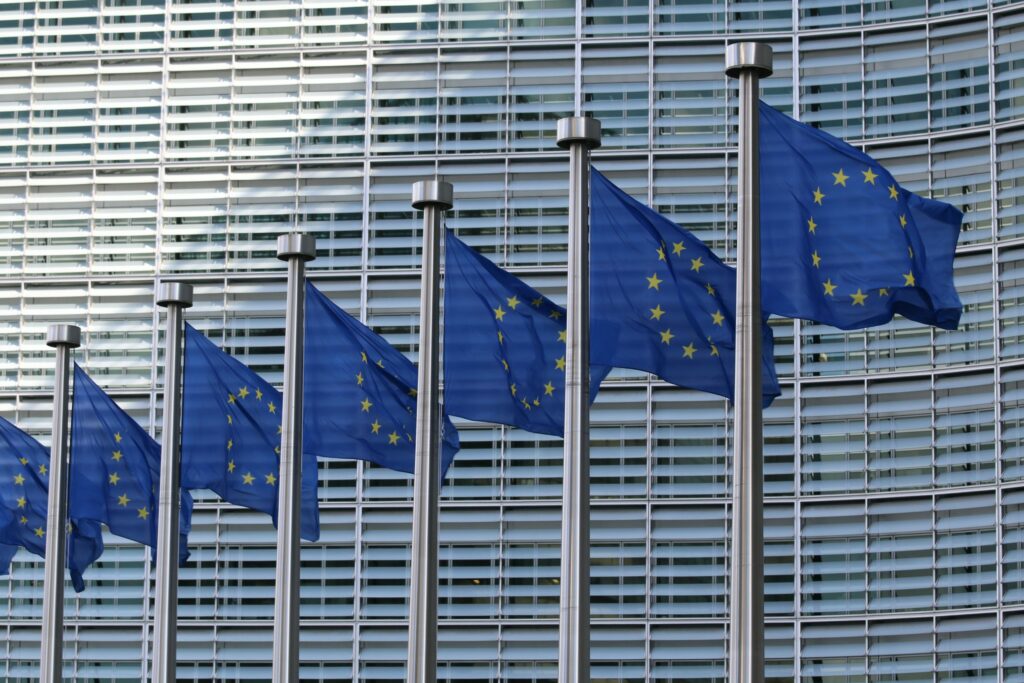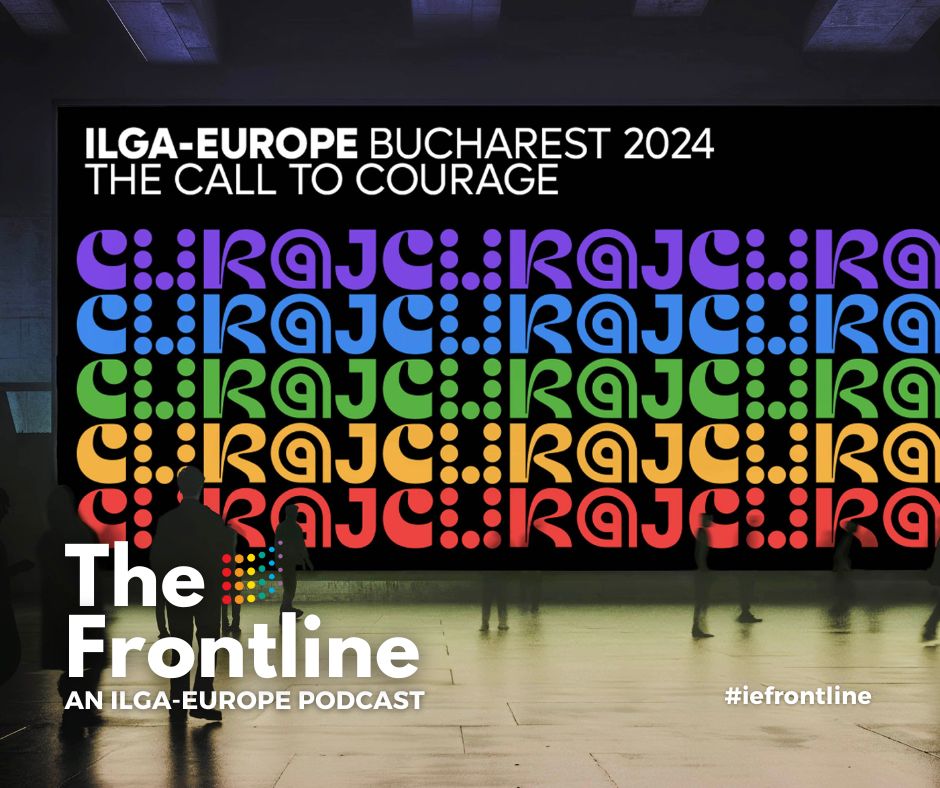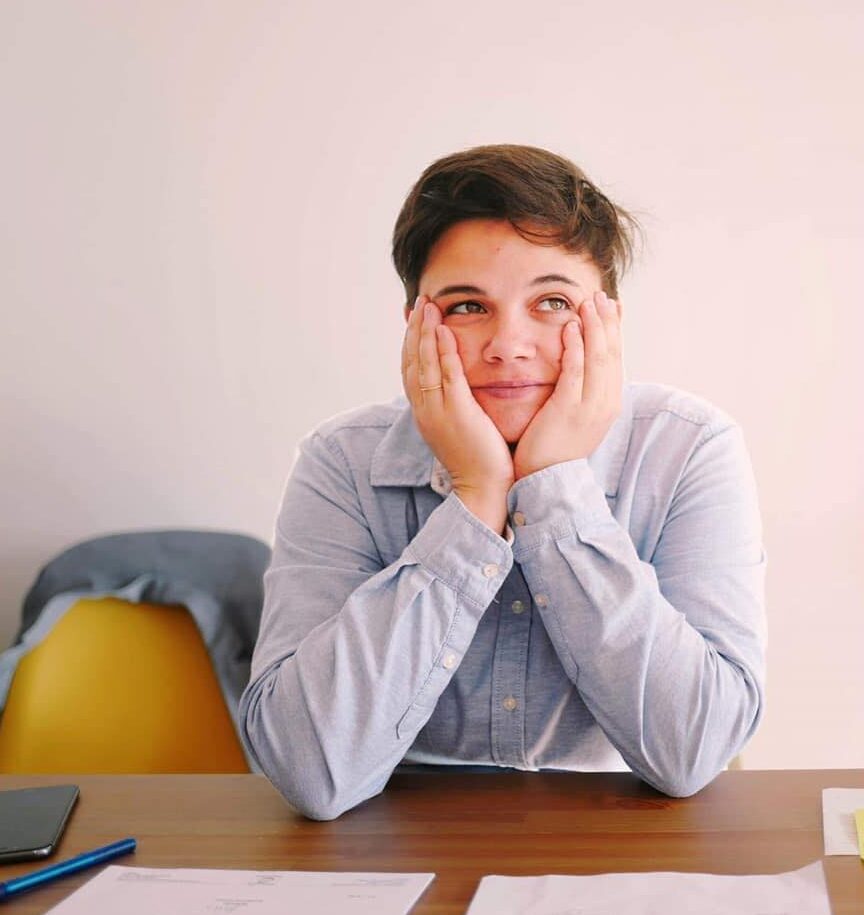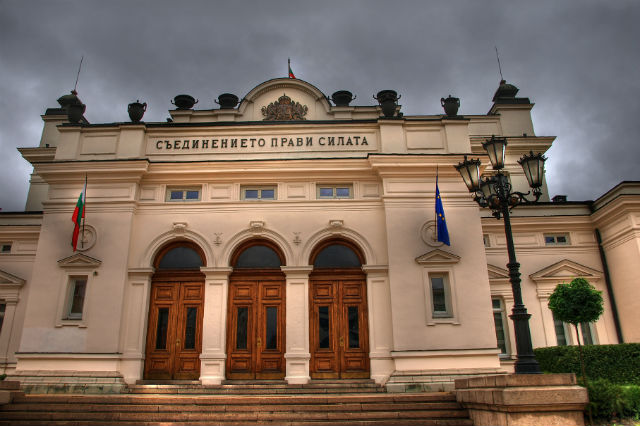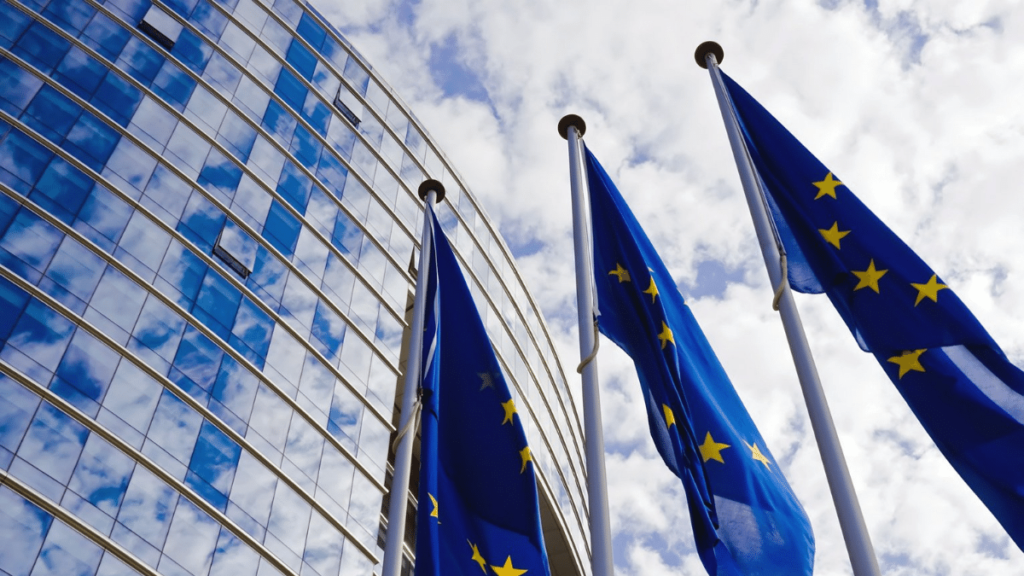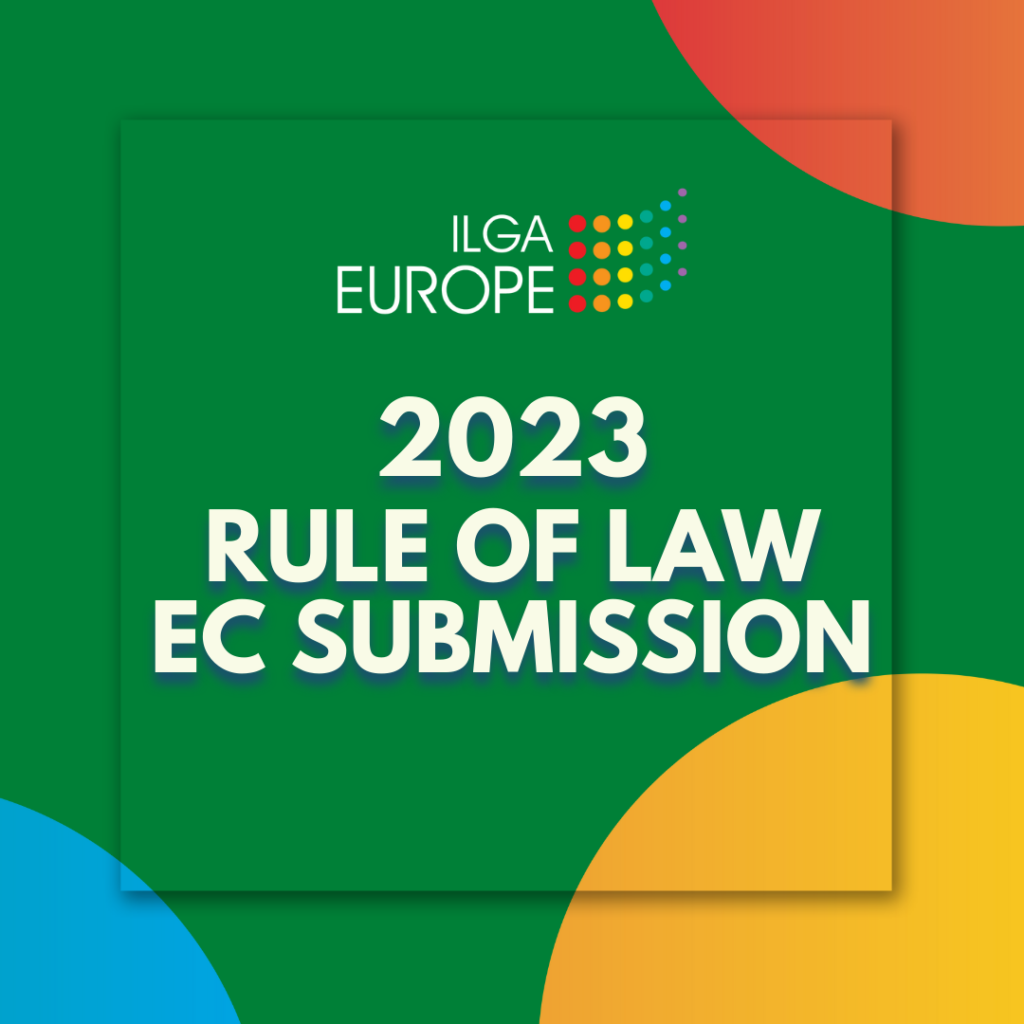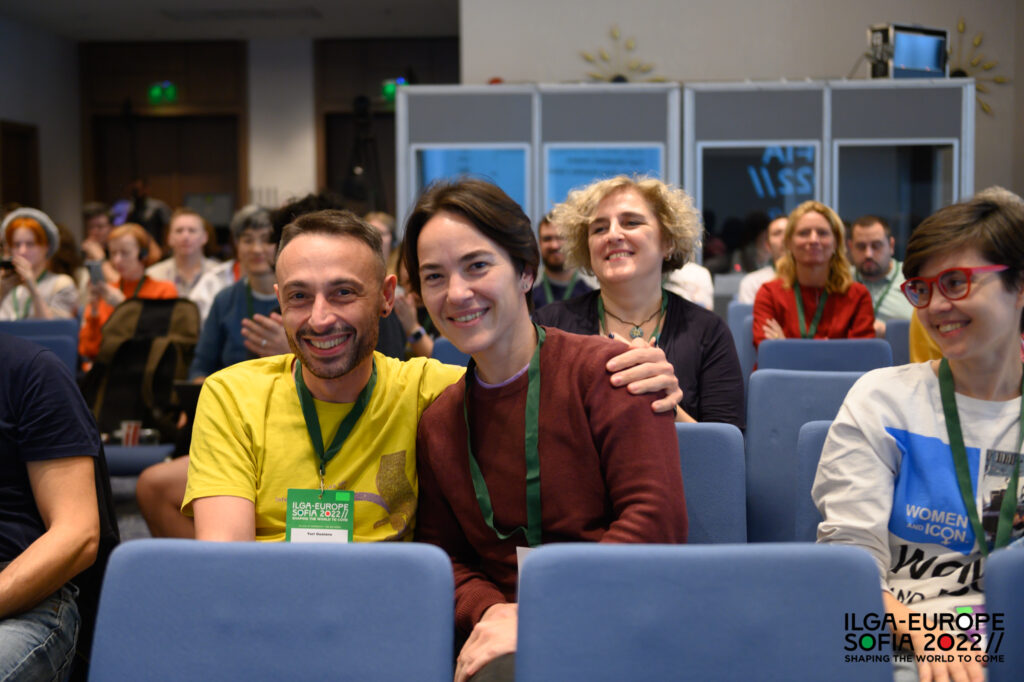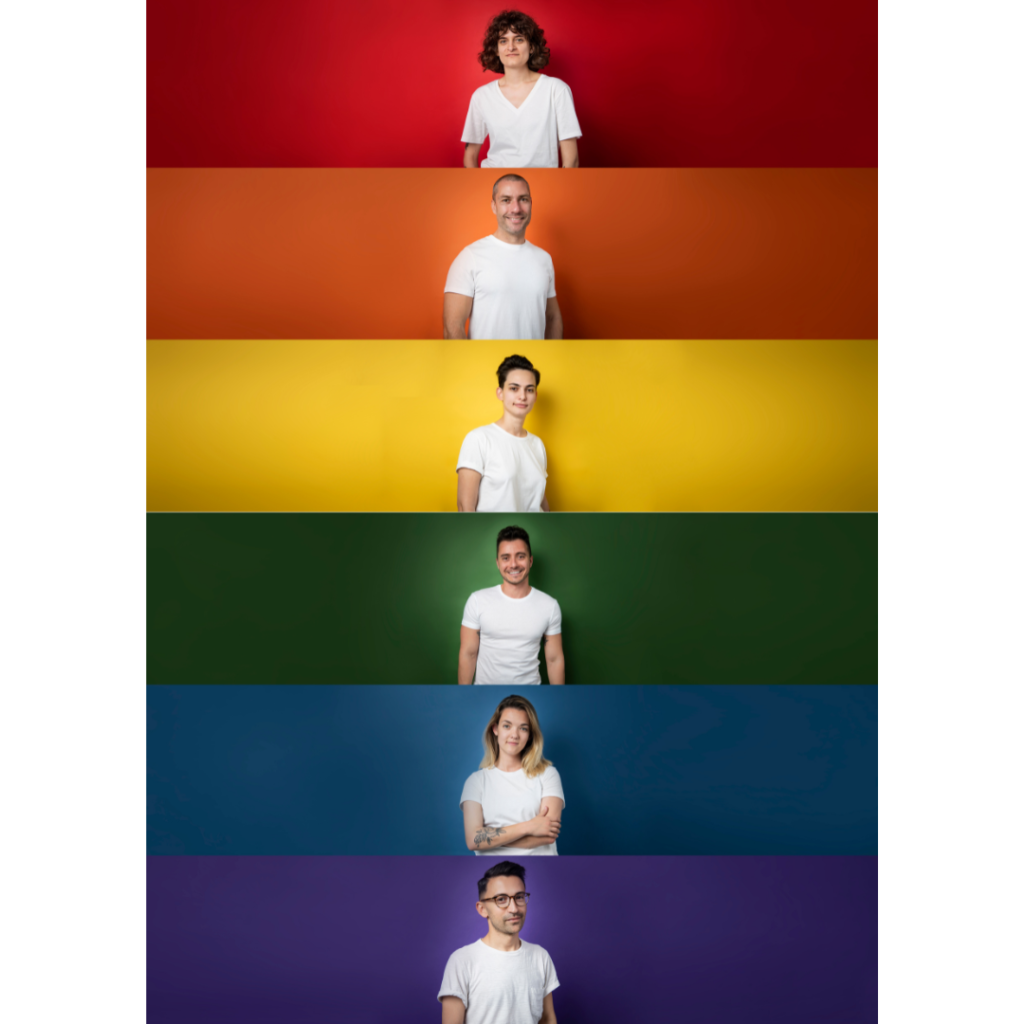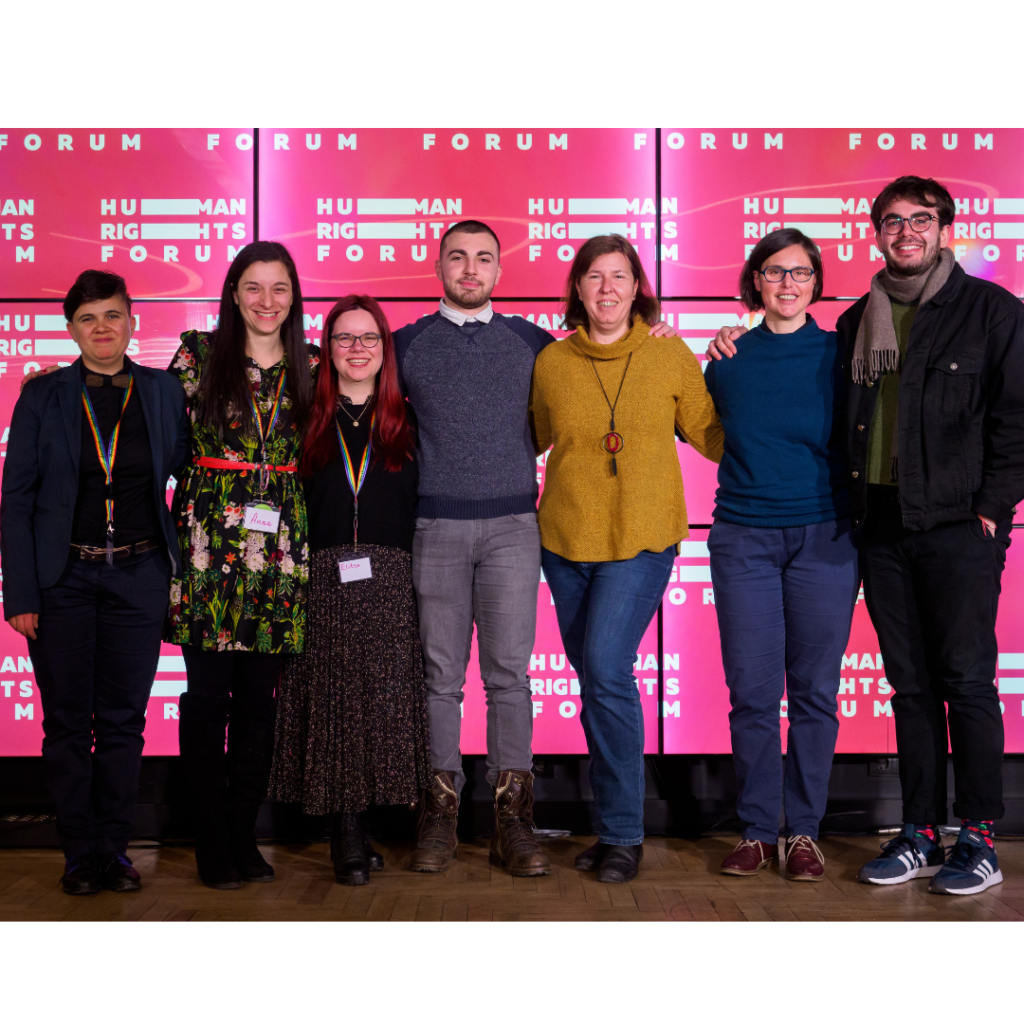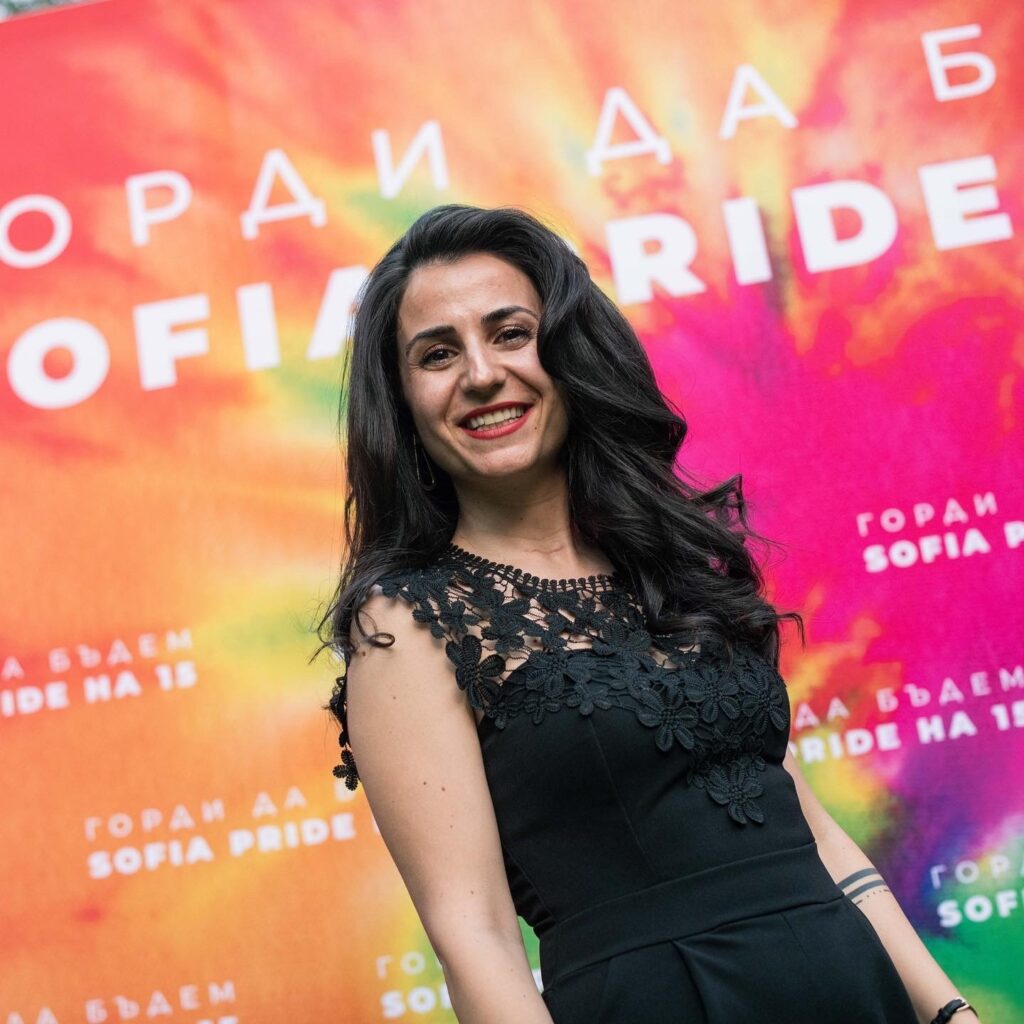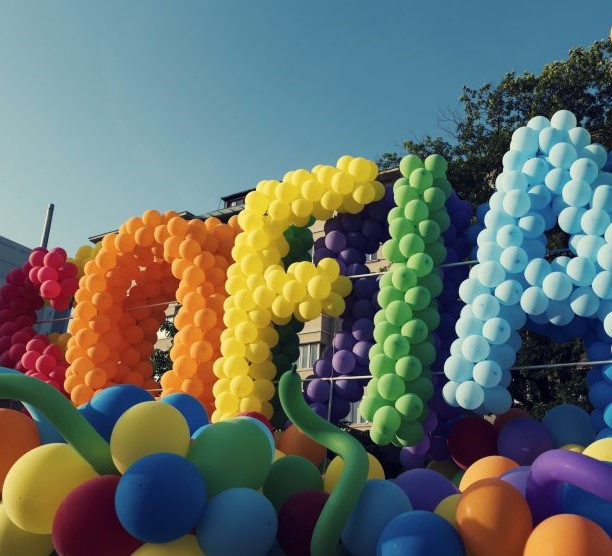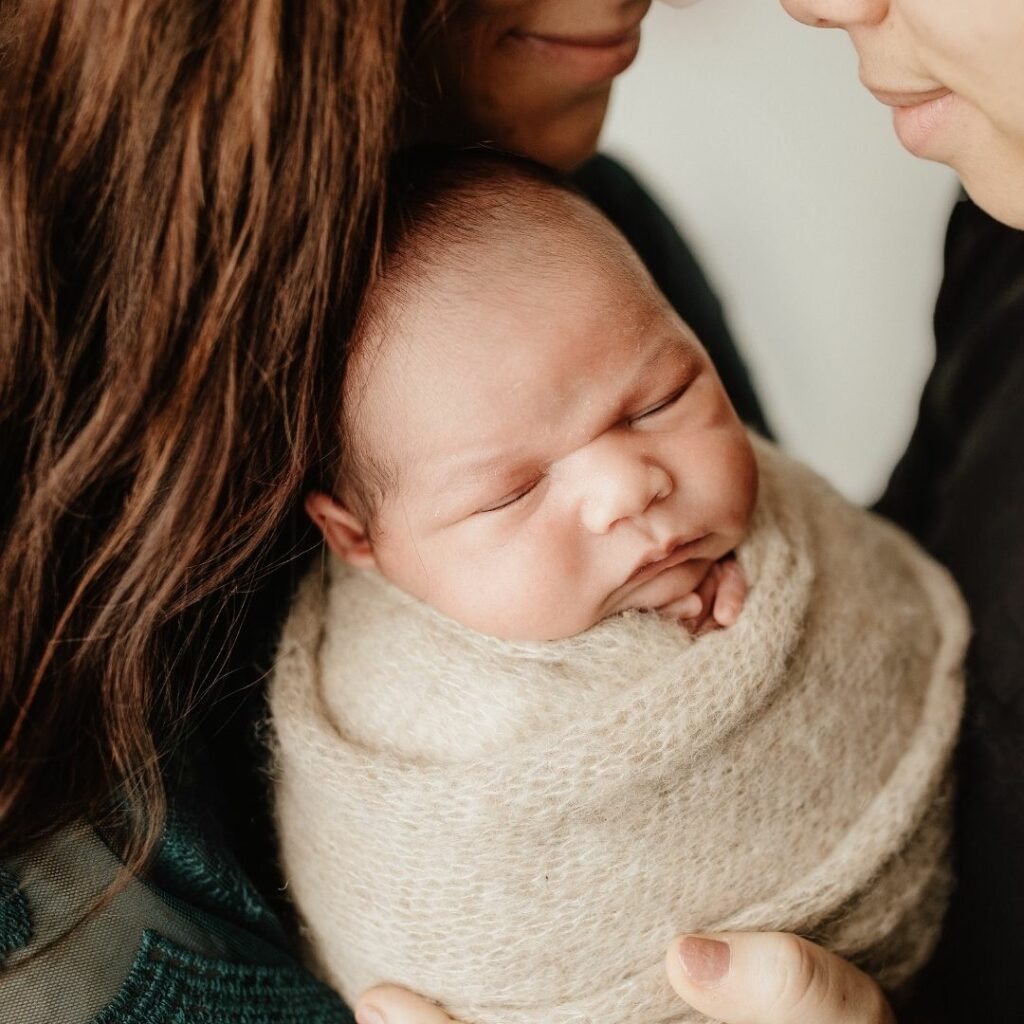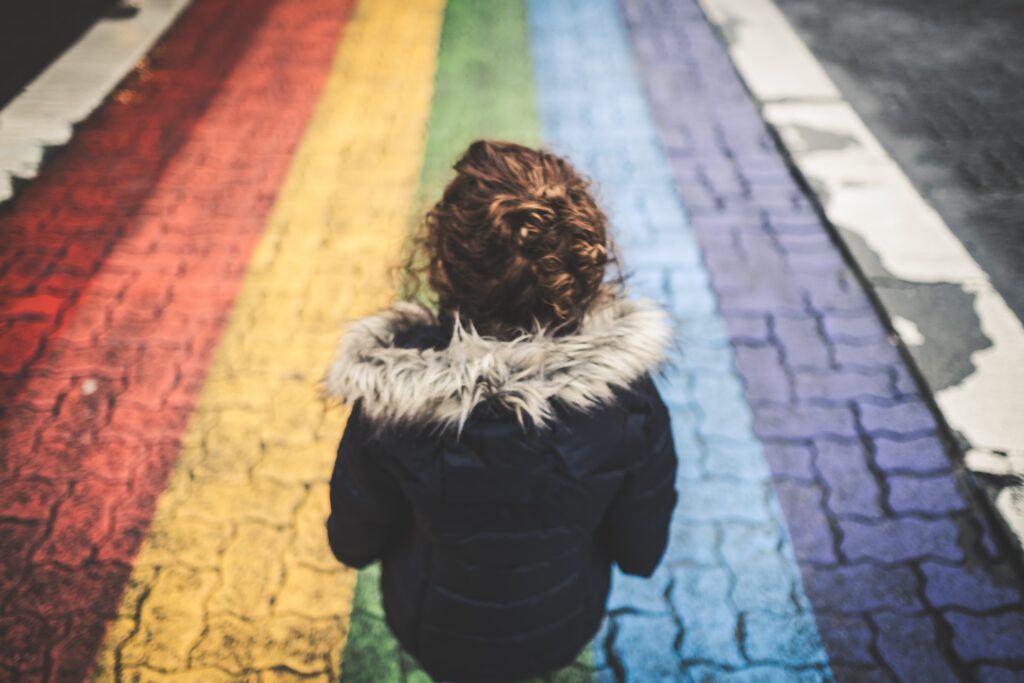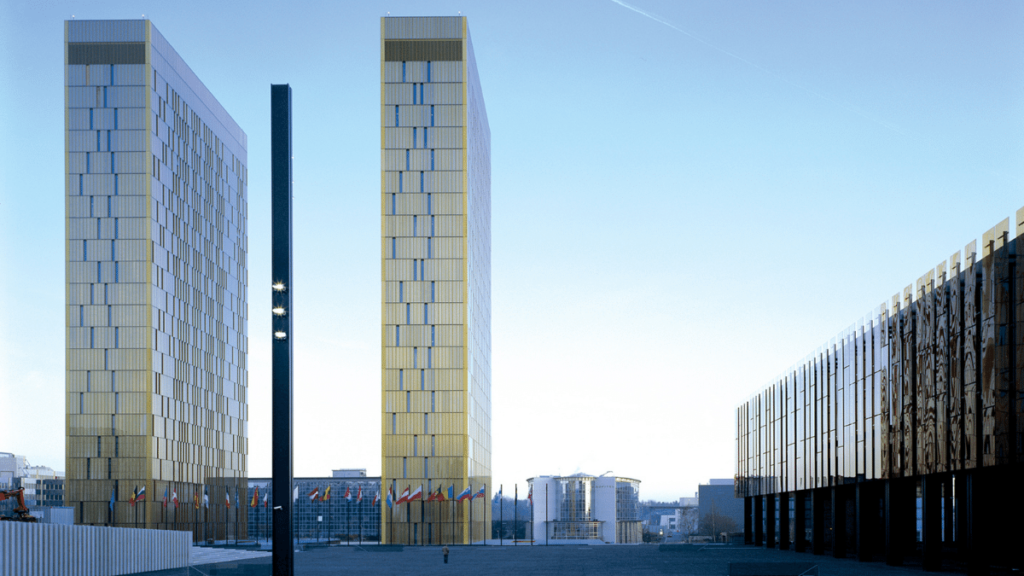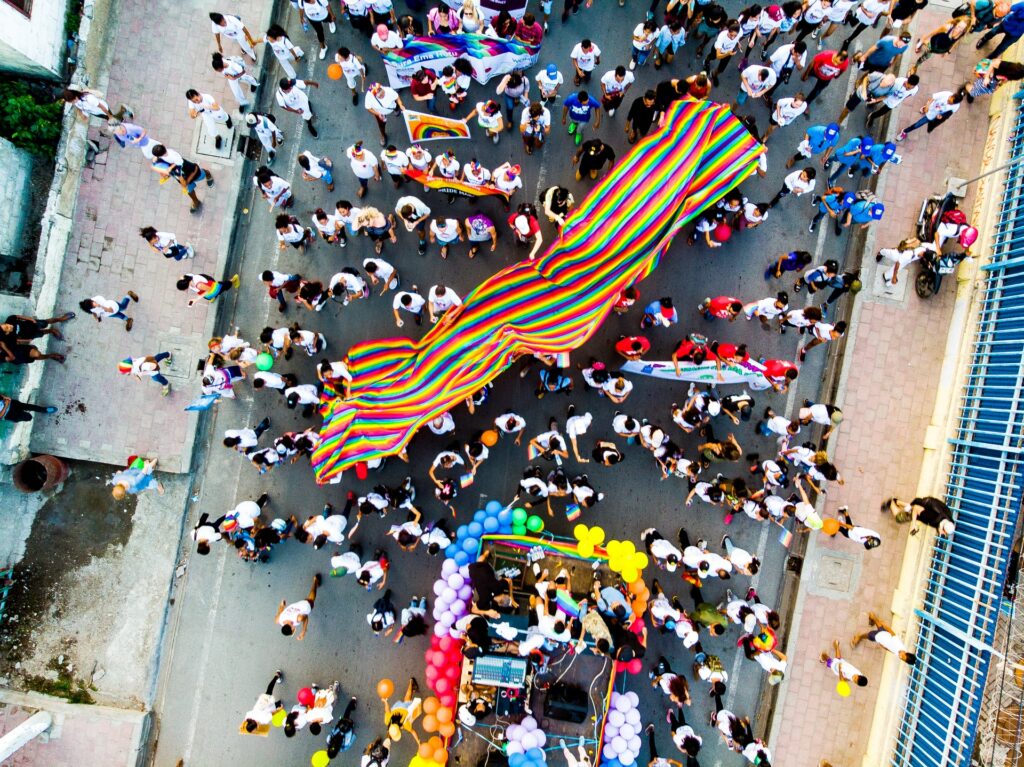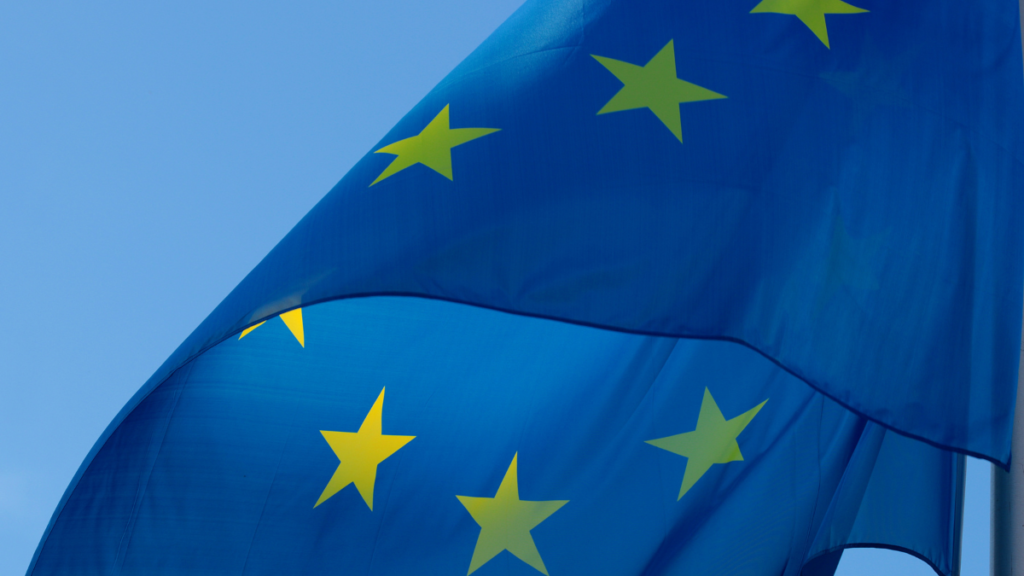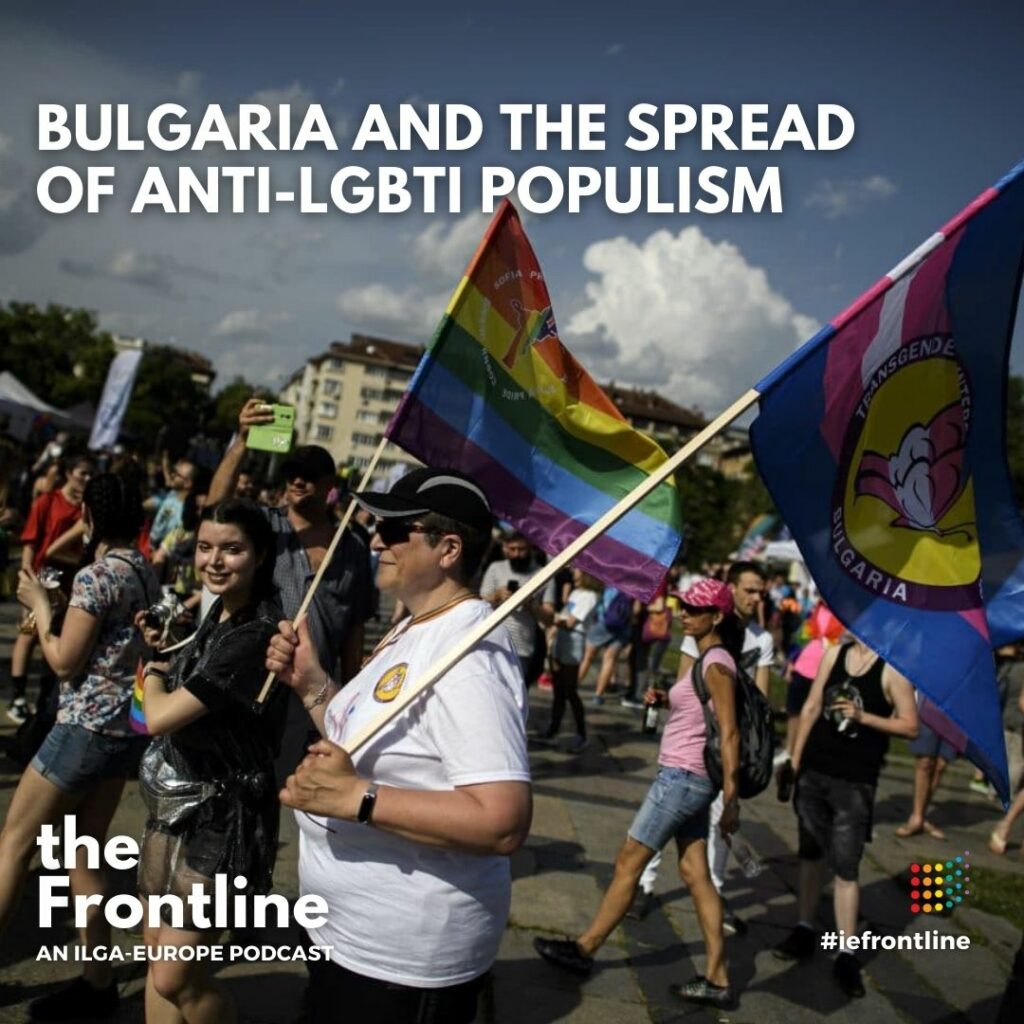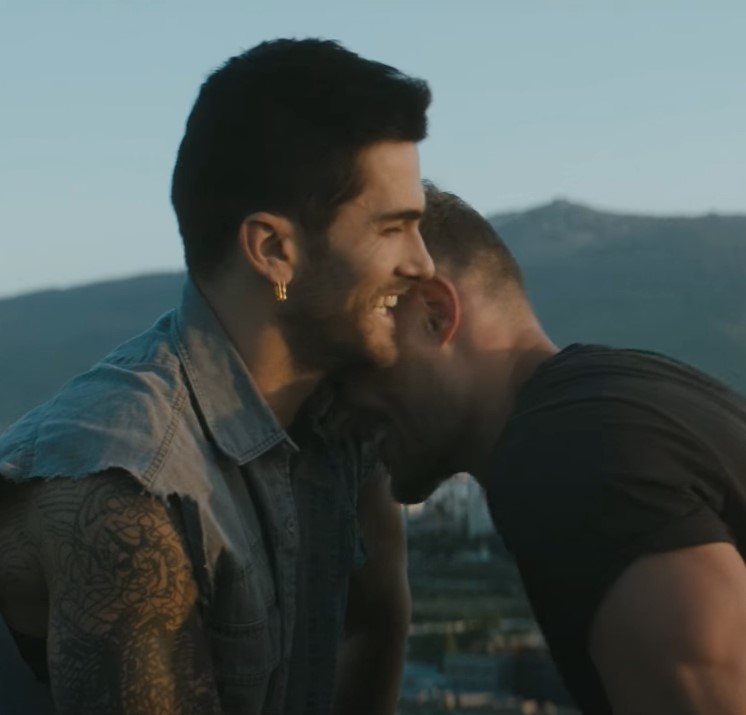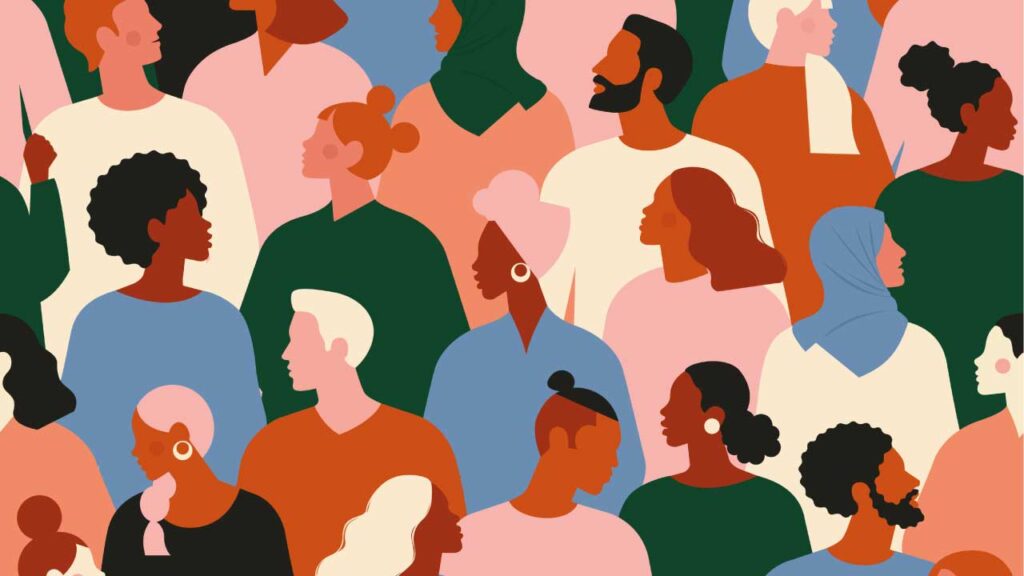Bulgaria
Categories Score
The full bar chart stands for 100%, and is filled by the country category score. The colour display uses the traffic light palette, with Green representing a score closer to 100% and Red a score closer to 0%.
ASYLUM
This category looks into laws that expressly include SOGISC as a qualification criteria for seeking asylum. We also take into account other legislation, policies, instruction or positive measures by state actors that are related to asylum addressing the needs and rights of LGBTI asylum seekers and refugees.
Criteria Compliance Ratio
Each pie charts stands for a category and is divided in slices by criteria. When a country complies with a criteria – fully or in some regions – the slice is coloured.
Keep in mind the criteria have different weighting factor within a category; for example, the criteria Prohibition of medical intervention without informed consent (intersex) stands for half (2.5%) of the INTERSEX BODILY INTEGRITY category weighting factor (5%). Meaning that even if a country can only comply with this specific criteria within the category (1/4 total criteria) the category scores 50%.
More information on the categories and criteria weighting factors here.
Category & Criteria Table
The table lists detailed information and insights on legislation supporting each criterion status. Please use the filters for in-depth analysis.
n/a = not applicable, meaning the criteria didn’t exist in the previous Rainbow Map edition (PROGRESSION column)
- Complies
- Applicable in some regions only
- Does not Comply
RECOMMENDATIONS
In order to improve the legal and policy situation of LGBTI people in Bulgaria, ILGA-Europe recommend:
- Adopting registered partnership for same-sex couples and allowing for automatic co-parent recognition for all couples, so that children born to couples, regardless of the partners’ sexual orientation and/or gender identity, do not face any barriers in order to be recognised legally from birth to their parents.
- Introducing hate crime and hate speech laws that explicitly cover all bias-motivated crimes based on sexual orientation, gender identity, gender expression, and sex characteristics.
- Adopting a fair, transparent legal framework based on administrative measures for legal gender recognition based on a process of self-determination and free from abusive requirements (such as sterilisation, GID/medical diagnosis, or surgical/medical intervention).
Annual Review of Bulgaria
In our Annual Review of the Human Rights Situation of LGBTI People in Europe and Central Asia, we examine the advances made and provide concrete examples of on-the-ground situations at national level country-by-country in the 12 months from January to December 2024.
Read our Annual Review of Bulgaria below for more details and stories behind the Rainbow Map. You can also download the Annual Review chapter (.pdf) covering Bulgaria.
-
The Bulgarian Supreme administrative Court refused to recognise the same-sex marriage entered into by Russian-Belarusian asylum-seekers. Subsequently, the Belarusian citizen was refused international protection, although his married spouse was granted refugee status.
Bulgaria continues to reject requests for asylum by LGBTI people coming from Russia and Belarus.
Bulgaria unlawfully detains LGBTI asylum-seekers coming from Palestine in closed detention centres.
-
The Bulgarian musician and performer, Mila Robert was subjected to online harassment and death threats after her performance at the Sofia Pride 2024 concert, during which she removed her dress in the colours of the Bulgarian flag to reveal another dress with a rainbow flag.
Following Single Step’s campaign for data collection on the experiences of LGBTI high school students, the organisation has been a target of focused attacks, which led to several institutional checks against the foundation. Kostadin Kostadinov, leader of Vazrazhdane (Revival) party, threatened to revoke the foundation’s licence to work with minors.
The Administrative Court of Sofia ruled that the statements made by the VMRO Party against the LGBTI community after the movie ‘Snake’ was shown at the Sofia Pride Film Fest in 2021 constituted hate speech and discrimination.
-
In 2024, no criminal proceedings were initiated based on the sexual orientation, gender identity, gender expression and sex characteristics (SOGIESC) amendments in the Penal Code introduced in 2023.
-
In June, GLAS foundation released a report assessing the economic cost of homophobia in Bulgaria.The report underscored how the full enjoyment of rights of LGBTI people is often associated with higher levels of economic development and wellbeing.
In November, a survey conducted by the Single Step Foundation on the experiences of Bulgarian LGBTI students aged 14-19 revealed that two out of three students (67.6%) were verbally harassed in the past year because of their sexual orientation, gender identity or gender expression and nearly one-quarter (23.8%) were physically bullied. 12.2% of students had been assaulted at school, including being punched, kicked or attacked with a weapon.
-
In August, a new law was introduced banning the representation of LGBTI identities in schools. The legislation, spearheaded by Kostadin Kostadinov, chairman of the Vazrazhdane (Revival) party, sparked significant controversy as civil society organisations underscored that the legislation would negatively impact children and adolescents by increasing bullying and legitimising discrimination by other students, and even teachers. Kostadinov defended the law by stating that “LGBT propaganda is anti-human and won’t be accepted in Bulgaria.”
-
The appeal by two Bulgarian women, Boyana and Anelia, to have both their names listed as parents on their Austria-born child’s Bulgarian birth certificate was upheld by the Administrative Court of Kardzhali.The Court overturned the municipality’s earlier refusal to issue the certificate and instructed its issuance, citing Bulgaria’s obligations under the CJEU’s “Baby Sara” ruling (C- 490/20), which requires member states to recognise the parental rights of same-sex couples as parents.
The Bulgarian Migration Directorate continues to refuse visas for the third country family members of Bulgarian citizens, contrary to the Coman ruling of CJEU.
-
In June, the city of Varna organised its first Queer Festival with the support of the European Union.
In June, concurrently with the human rights rally and LGBTI pride march organised by the Sofia Pride organisation, conservative groups have led rival demonstrations to advocate for traditional family values.
In August, the far-right Revival party proposed a foreign agent law targeting human rights NGOs and civil society, echoing efforts previously overturned in 2022. The proposed law, along with the previously introduced education law banning the representation of LGBTI identities in schools, closely mirrored Russian legislation that criminalises the LGBTI community. In late September the proposal was rejected by the Bulgarian Parliament’s Committee on Culture and Media.
-
Following amendments to the Pre-School and School Education Act, criminal and data protection proceedings were launched against the Single Step Foundation, charging them with educational efforts that support non-traditional sexual orientations and gender identities.
-
In July, the European Court of Human Rights overturned the decision on the revision of the Y.T v Bulgaria case, emphasising that Bulgaria is obliged to set up a robust legal framework for legal gender recognition. Nonetheless, there remains a total ban on legal gender recognition in Bulgaria.
-
In September, the National Film Centre stopped the LGBTI- themed Bulgarian-Spanish film ‘Luben’ from participating in the Golden Rose Film Festival in Varna. This happened against the backdrop of criticism from the pro-Russian Vazrazhdane party, which called the film “homosexual propaganda”, claiming that a violation of the law was committed in its making because of the involvement of an actor who was underage at the start of filming.
-
A national survey by the Alpha Research agency, commissioned by the GLAS Foundation, established an improved attitude of Bulgarian citizens towards LGBTI people. The survey indicated an overall increase of respondents declaring interest in receiving better information on LGBTI topics and a decline in the acceptance of harmful stereotypes about LGBTI people. For example, 36% of people were reported disagreeing with the idea that homosexuality and trans identities are mental disorders.
-
Law enforcement has been cooperating with NGOs to strengthen the investigation of SOGIESC motivated crimes. As part of this initiative, 55 investigative police officers from across the country and 10 prosecutors from the Sofia Regional Prosecution were trained by Deystvie on these matters.
The full Annual Review for 2025 is available here.

